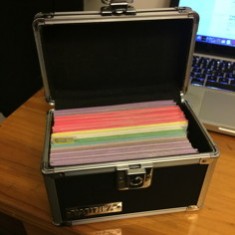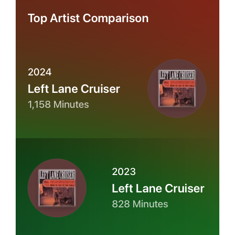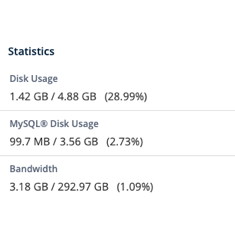My Top 10 CFA® Level 1 Tips
November 24th, 2012
Another CFA® Level 1 exam is approaching. I’m not sitting this exam, but I have spent more time studying for the CFA Level 1 exam than most anyone else you care to champion. I eventually passed all three exams, but I didn’t enjoy the journey.
If you think Level 1 is difficult, Level 2 is much worse. I also know people who passed Level 1 and Level 2 on their first attempt but then failed Level 3, so don’t let the higher pass rate fool you, the CFA program is a long hard slog that proves too much for many smart people. I recommend you find motivation from any source you can.
In seed time learn, in harvest teach, in winter enjoy.
- Start early and don’t stop studying until the eve of the exam.
The hours of folly are measur’d by the clock, but of wisdom: no clock can measure.
- 300 hours is just an estimate, some people can pass the exam studying less, some people will have to study considerably more.
The eagle never lost so much time. As when he submitted to learn of the crow.
- Spend a disproportionate amount of time on the material you find the hardest.
You never know what is enough unless you know what is more than enough.
- Practice, practice, practice! Keep collecting and doing practice problems. Not only do you need to get the questions correct, but you must do so in under 90 seconds approximately 200 times on one particular Saturday.
No bird soars too high. If he soars with his own wings.
- Make a personalized collection of cue cards aka flash cards.
He who desires but acts not, breeds pestilence.
- Don’t rely just on third party material or stuff you downloaded online.
Improvement makes strait roads, but the crooked roads without Improvement, are roads of Genius.
- Keep practicing the ‘easy’ sections too but on exam day start with the material you find most difficult, in case you run short on time.
If others had not been foolish, we should be so.
- Ethics isn’t window dressing, more Candidates have failed the exam because of a poor performance in the Ethics section than say the Alternative Investments section.
A fool sees not the same tree that a wise man sees.
- Economics is only 10% of the exam but 1/6th of the official reading material, make sure your personal study plan reflects your strengths, weaknesses, and the actual exam weights.
If the fool would persist in his folly he would become wise.
- If you fail it isn’t the end of the world, you can rewrite. Hopefully you’ll learn from your mistakes.
The quotations are all taken from the Marriage of Heaven and Hell by William Blake.
Don’t Waste Time Blogging
My 11th tip would be, do not to waste time blogging about your experience as a CFA Candidate. I can’t really advise blogging in general.
Now in 2022 this doesn’t seem to be the advice the CFA Institute is giving to Charterholders or even Candidates.
Don’t Violate the Standards of Professional Conduct
My 12th tip would be to not download files from a fellow CFA Candidate’s website, upload them to another website, claim them as your own, even asserting copyright over those files. This seems to be a pretty clear violation of Standard I(C) Misrepresentation, it will also likely upset the person who’s files you took, especially if they literally gave them away for free to help other CFA Candidates, like I did.
If you have any tips for CFA Candidates you can leave them below.
This entry was originaly posted on , it was last edited on and is filed under: Advice and tagged: CFA®, Finance, Quotations.





Hi,
How do you go about making cue cards?
I’m taking the exam in June 2013, just started studying.
Thanks
There are apps, they are also known as “flash cards”. I made mine by hand with index or recipe cards I bought at Staples or some other office supply place. I put formulas, definitions, along with hints and tips on them. I slowly refined my collection over a long period of time. Adding and removing cards as necessary. I think some 3rd party company makes flash cards or a cheat sheet. I strongly prefer cards, they are good for quizzing yourself. I went over and over them right up to the night of the exam. Then after my last exam I typed them up.
http://cfacuecards.wordpress.com
By making them yourself you can tailor them to your strengths and weaknesses. I had a lot of weaknesses it turns out. Eventually I made special cue cards just to help me solve certain questions that kept appearing in practice problems. I reviewed these most every night I often carried them with me in a little box pictured above, so I could review them if I had time. They are portable and don’t require a calculator or even a desk and chair to study. I studied them in bed, on the bus, in cafes etc. etc.